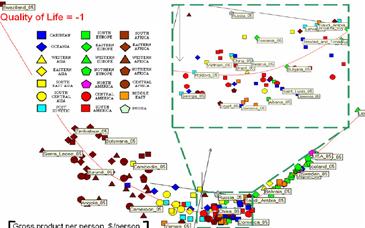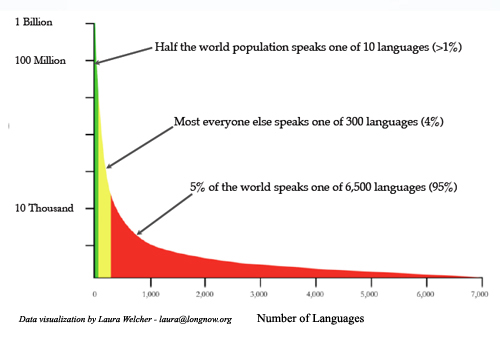The following pieces are from June 2010 and 2001. They were found separately within the same day and provide inter-connected insights. Link to the full version..below is an extremely shortened version:
PSYCHOPATHS AMONG US
Dr. Robert Hare claims there are 300,000 psychopaths in Canada, but that only a tiny fraction are violent offenders like Paul Bernardo and Clifford Olsen. Who are the rest? Take a look around.
By Robert Hercz (2001)
(three highlights from the article)
+ Hare has said that if he couldn't study psychopaths in prisons, the Vancouver Stock Exchange would have been his second choice (Forbes magazine called the Vancouver Stock Exchange the scam capital of the world). This brings a whole other meaning to “psycho-geography.”
+ Soon after he delivered a keynote speech at a conference for homicide detectives and prosecuting attorneys in Seattle three years ago, Hare got a letter thanking him for helping solve a series of homicides. The police had a suspect nailed for a couple of murders, but believed he was responsible for others. They were using the usual strategy to get a confession, telling him, ‘Think how much better you'll feel, think of the families left behind,' and so on. After they'd heard Hare speak they realized they were dealing with a psychopath, someone who could feel neither guilt nor sorrow. They changed their interrogation tactic to, “So you murdered a couple of prostitutes. That's minor-league compared to Bundy or Gacy.” The appeal to the psychopath's grandiosity worked. He didn't just confess to his other crimes, he bragged about them.
+ Know your own weaknesses, they advise, because the psychopath will find and use them. Learn to recognize the psychopath, they tell us, before adding that even experts are regularly taken in.
How to keep someone with you forever (common enslavement tactics)
Jun. 9th, 2010
Rule 1: Keep them too busy to think. Thinking is dangerous. If people can stop and think about their situation logically, they might realize how crazy things are.
Rule 2: Keep them tired. Exhaustion is the perfect defense against any good thinking that might slip through. Fixing the system requires change, and change requires effort, and effort requires energy that just isn't there. No energy, and your lover's dangerous epiphany is converted into nothing but a couple of boring fights.







